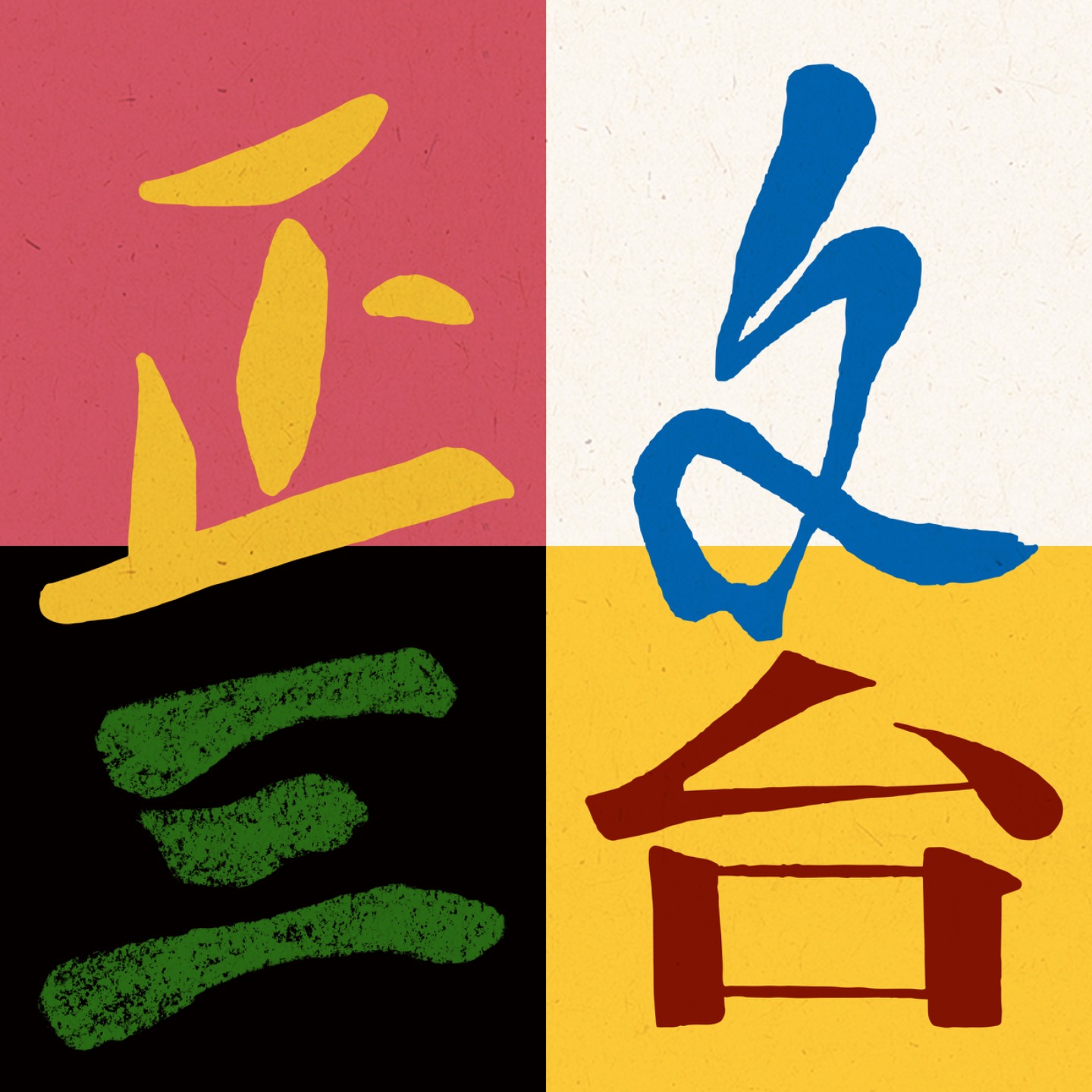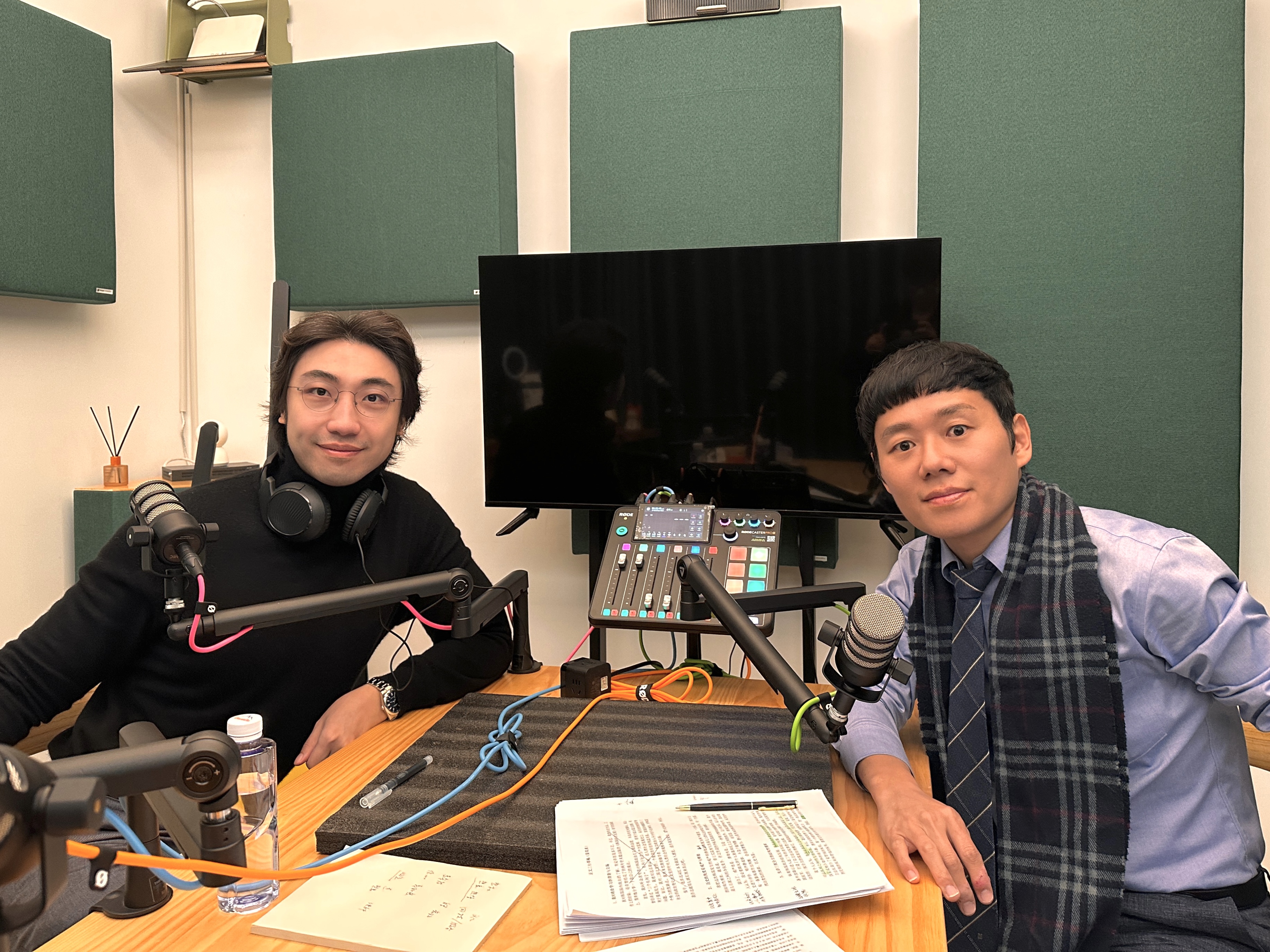
Deep Dive
What historical event led to the division between the Dongin and Seoin factions in Korea?
The division between the Dongin and Seoin factions in Korea originated during the late Joseon Dynasty, around the 16th century, due to disagreements over personnel appointments and political support. This division deepened during the Imjin War (1592-1598), where the Seoin faction advocated for military preparedness against Japan, while the Dongin faction underestimated the threat, leading to a national crisis.
How did Japanese colonial rule influence Korean political factions?
During Japanese colonial rule (1910-1945), many Koreans were educated under Japanese imperialist ideology, leading to a split between those who collaborated with the Japanese for survival and those who resisted. This period laid the groundwork for the later division between left-wing and right-wing factions in post-liberation Korea.
What role did the U.S. Military Government play in shaping post-liberation Korean politics?
The U.S. Military Government, which took control of southern Korea after Japan's surrender in 1945, aimed to establish a Western-style political system. It marginalized left-wing factions, such as the Korean People's Republic, and supported right-wing groups, including former collaborators with Japan, to create a pro-Western government.
Why did Syngman Rhee collaborate with pro-Japanese factions despite his role in the independence movement?
Syngman Rhee collaborated with pro-Japanese factions to consolidate his power and gain the trust of the U.S. Military Government. These factions had the financial resources and administrative experience necessary to stabilize the government, making them essential allies despite their controversial past.
How has the political polarization in Korea affected the civil service system?
Political polarization in Korea has deeply affected the civil service system, with each new administration replacing high-ranking officials with loyalists. This practice, which intensified after Kim Dae-jung's presidency, has led to inefficiency and instability, as experienced officials are often sidelined based on their political affiliations rather than their competence.
What challenges does the Korean political system face in maintaining democratic principles?
The Korean political system struggles with maintaining democratic principles due to extreme partisanship, where both left-wing and right-wing factions use democracy as a tool to gain power. Once in power, they often marginalize their opponents, leading to a cycle of political retribution and undermining the checks and balances essential for a healthy democracy.
- 朝鲜王朝时期朋党政治的出现与官员任免问题有关。
- 日本殖民时期,韩国人面临着顺应或对抗殖民统治的选择。
- 光复后,左翼势力试图建国,但未被美国承认。
Shownotes Transcript
-聊天的人-
Phil Chang(ID:@Phil Chang))
姜昊求(韩中经济社会研究所所长,ID:@SKESI.kr姜昊求所长))
 -时间轴-
-时间轴-
04:15 万历朝鲜战争时期的党争
06:18 日本殖民时期韩国人的选择
13:30 朝鲜光复之后党争再起
27:43 总统的用人
29:50 姜所长身边的案例
41:23 金大中之后公务员系统出现分裂
46:55 左右翼都拿民主作为获得权力的工具
-剪辑-
Phil Chang
-出品·制作-
Phil Chang
-听友群-

*本节目欢迎更多有趣优质内容,有相关经历且有兴趣的朋友可以加听友群联系Phil Chang,《正文三台》期待各位的分享!